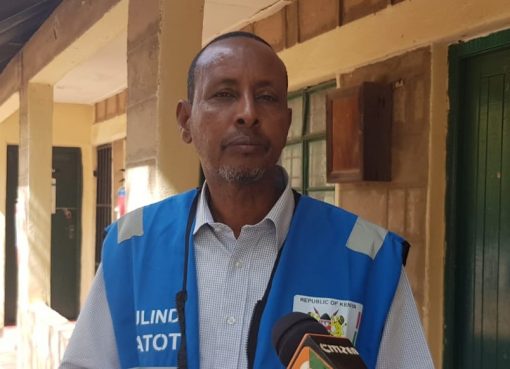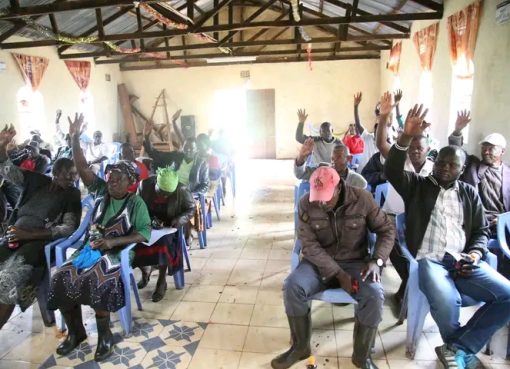The onset of El Nino rains in Kenya is expected between the 2nd and 3rd week of October and will last until January 2024, and Kajiado County is likely to be affected.
Speaking on a local radio station in Kajiado, the County Director of Meteorological Services, Jane Nyagathiri, said that the expected rains will have both positive and negative impacts on the country’s environment.
“The county will be affected both positively and negatively by the coming El Nino rains. We will be able to recover from previous drought effects, have plenty of water due to backflows in rivers and lakes, and recover our vegetation and pasture.
However, there may be extreme flooding because of loose soil, destruction of wetlands and swamps, increased frequency of mudslides, and increased siltation and sedimentation in rivers and dams, especially Kiserian water purification dams and pans,” explained Nyagithiri.
Kajiado residents have been encouraged to plant more trees and unblock drainages in town as early preparations for El Nino rains.
“We should keep on planting trees in our homesteads and our surroundings; we should also teach our children to plant and conserve trees. Residents should take advantage of this time that we are expecting El Nino rains and plant trees because the rains will help the trees grow,” she said.
Nyagithiri advised residents within Kajiado town to prepare to harvest rainwater and unblock all drainages that may lead to flooding.
“People residing in the town area should ensure all drainages within the town are unblocked, their houses have gutters, and they have enough water tanks and water pans to harvest water. The advantage of rainwater is that it is not salty; you can easily drink it, wash clothes with it, and cook with it,” she advised.
Nyagithiri also encouraged farmers and pastoralists to seek advice from experts on what they should do before the onset of El Nino rains.
“If you are a farmer, seek advice from an agricultural officer; they will guide you on which types of crops to plant during the rainy season. If you do livestock production, seek advice from livestock officers the moment the meteorological department has released weather focus updates,” she advised.
By Seline Nyangere




